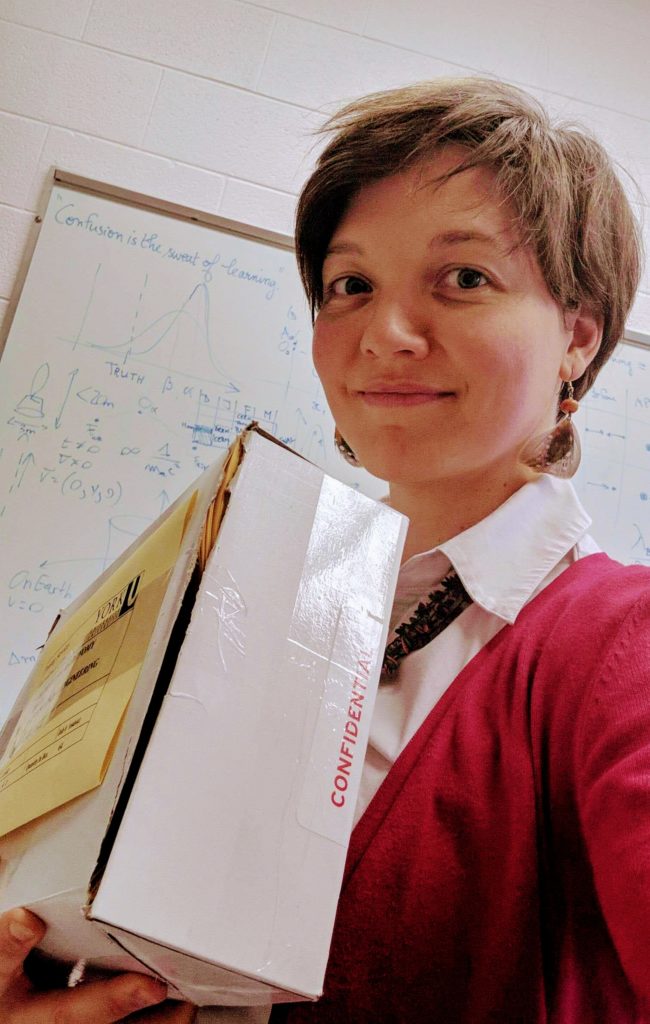I was very close to miss my own passion.
When I was about 15, I wanted to be a car designer. At the same time at school, I had a lot of questions for my science teachers. Really too many questions. It started to become uncomfortable for everyone. I was thinking of stopping asking questions once and for all. But in the following summer I was sent to a science camp where I met people my age having fun with mathematical riddles until 3:00 AM. I realized that it was possible to be fond of what we learn at school the way people are into sports, arts or music. Discomfort turned into fascination.
I quickly became a fan of big particle detectors. Influenced by my parents and not keen on going the elitist routes of the French educational system, I enrolled in 2005 at INSA, a five-year engineering school in France offering a multidisciplinary curriculum in applied sciences. In my fourth engineering year I did an exchange semester in Berlin at Humboldt Universität, Germany. I attended classes in particle physics and had a project at the nearby laboratory DESY, working on the electronics of the IceCube Neutrino Observatory. While looking at a fancy plot from a physicist, I wondered how it was done. He was busy and replied: "You will have to do a Ph.D. for that."
One year later I was accepting a Ph.D. position after my last internship at TRIUMF, Canada's particle physics laboratory in Vancouver. I switched gears from engineering to fundamental science and embarked on the adventure of particle physics, doing a physics analysis with the ATLAS detector from the CERN Large Hadron Collider. I got the answer to my initial interrogation... and thousands more questions! The Ph.D. adventure got me to discover new topics such as advanced statistics or machine learning.
After graduating in 2016, the exploration into knowledge continued during my DESY Fellowship in Hamburg: I got to build detectors! I enjoyed doing hardware work, utilizing my engineering degree to test a prototype of a future subsystem for ATLAS, while still working in parallel on a data analysis.
In 2019 I got fortunate to teach in Ghana with the African Institute of Mathematical Sciences (AIMS). I grasped the importance of access to higher education and its life-changing impact on people, driving communities out of the circle of poverty. After this experience it was clear to me: I needed to teach.
Thanks to mentors who encouraged me to apply for a permanent job, I started in August 2019 a joint position between York University in Toronto and Fermilab. I continue in collider physics with ATLAS while venturing into a new endeavour: the international project DUNE. I am excited to build the Canadian team along with Prof. Deborah Harris. And of course I happily teach, sharing precious knowledge so crucial in today's world. Innocently, I try to get students to ask questions. Many questions. It could be the start of someone's journey...

